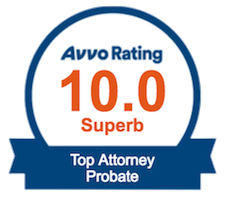Understanding Landlord Responsibilities and Protecting Your Rental Investment
Guard Against Legal Damages as a Landlord
What to Expect on This Page:
Uncover the circumstances under which a landlord might be liable for tenant or visitor injuries on their rental property.
Discover strategies for landlords to reduce financial risks associated with property maintenance and repairs.
Learn how the right insurance policies can safeguard your rental property enterprise.
When Is a Landlord Liable for Tenant or Visitor Injuries?
A landlord may be deemed legally responsible for injuries sustained on their rental property when negligence in maintenance can be established. For liability to be assigned to the landlord, the following must be proven:
- The area in question was under the landlord’s duty of care and maintenance.
- The landlord did not take reasonable precautions to prevent the mishap.
- The remedy for the hazard was not prohibitively costly or complicated.
- The injury was a predictable outcome of neglecting the issue (the accident was foreseeable).
- The landlord’s negligence directly led to the tenant’s injury.
- The tenant suffered an authentic injury.
For instance, if a tenant sustains an injury by tripping on an ill-maintained staircase, the landlord might be found liable provided that each of the conditions mentioned above are met.
A tenant who is injured due to poorly maintained property may seek compensation for a myriad of damages – medical expenses, lost wages, pain, suffering, and even personal property damage or loss.
How Can Landlords Reduce Financial Risks From Property Upkeep?
As landlords, proactive measures in property maintenance can limit your exposure to financial losses. Goldberg & Goldberg suggest that you:
- Use detailed inspection checklists before tenant move-ins to identify and address issues.
- Promptly encourage reporting of maintenance and safety issues, from individual units to communal spaces.
- Maintain a meticulous log of tenant reports and outline the resolution timeline and methods.
- Address emergency repairs immediately, preferably within a day, and keep tenants apprised of the process.
- Distribute a safety and maintenance hazard checklist biannually and personally inspect rentals annually.
Ensuring clarity on maintenance obligations within lease or rental agreements is crucial for protecting both landlords and tenants.
How Can You Insure Your Rental Property Business?
A comprehensive property insurance plan is instrumental in shielding landlords from potential damages due to a variety of risks, including natural disasters, theft, and vandalism. While standard policies cover numerous perils, remember that events like earthquakes and floods usually require additional, specific coverages.
General liability insurance is also paramount, safeguarding against claims of property-related injuries or damages sustained by others and shouldering the legal defense costs that accrue during such lawsuits.
To optimize your insurance coverage, we recommend:
- Securing an insurance amount that reflects the value of your property and capital.
- Ensuring that your policy extends beyond physical injuries to cover claims like defamation, privacy invasion, and wrongful eviction.
- Holding adequate liability insurance for all business-related vehicles, including those used by property managers.
For a complimentary consultation to explore your legal needs and secure your rental property investment, please contact Goldberg & Goldberg at (301) 654-5757. We are here to provide the legal assistance you require.




